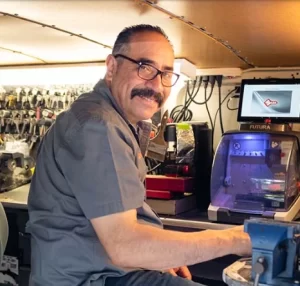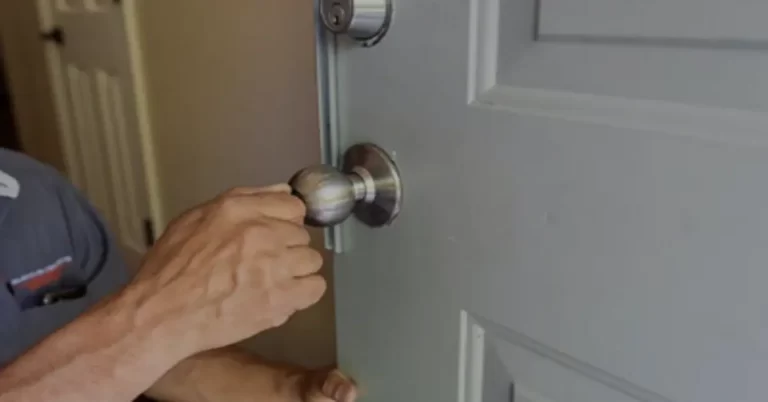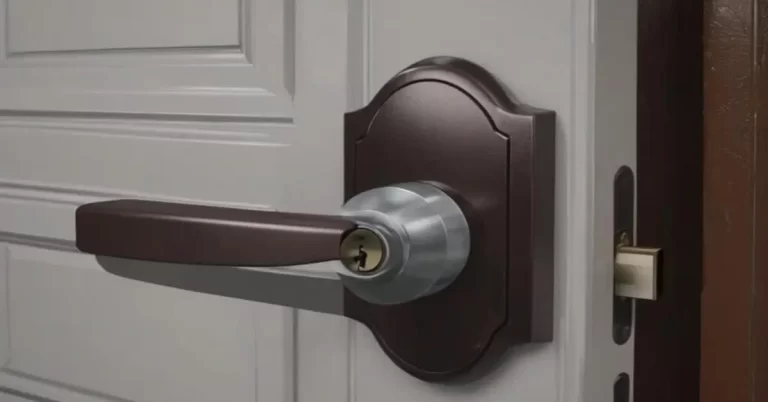As a commercial building’s property owner, one responsibility you are faced with is deciding on the proper type of door closer to install. Door closers refer to the closing mechanism on them that allow the door to shut automatically. There are many strict codes that you must adhere to and failure to comply with these guidelines could result in heavy fines as well as potential safety violations for your clients and customers.
What to Consider when Choosing a Door Closer
While choosing a door closer can seem overwhelming, the first step is to figure out specifics in order to get the right option for your business. Following this list and making a checklist will ensure you find the proper door closer to fit your needs.
- Size & Weight (type of door opening)
- Door traffic frequency
- Exterior and interior locations
- Swing of the door
- Budget
- Building code regulations
Door Size & Weight
All doors are not created equal so you will have to adjust which type of door closer you need based on the door. Glass, wood, metal and aluminum doors all have different requirements. The size of the door will also be afactor as you look at the options available. Typically, heavier doors that are larger are going to need a heavy duty closer to help with the force of the door as it opens and closes.
Frequency, Location & Swing of the Door
A door closer’s main purpose is to shut the door automatically after it is opened. The amount of traffic in and out of your business needs to match the function of your closer.
Picture the scenario of what would happen if you were eating in a restaurant at a table located close to the entrance. If there were inclement weather (a rainstorm, cold temperatures or very windy, for example), and someone ran out to their car forgetting to close the door behind them, you could be hit by the elements due to the absence of a door closer. In cases like these, an exterior door closer would be best, as they have more force than interior door closers.
Exterior door closers also come with more requirements than interior door closers, which is why it is best they are recommended and installed by professionals who can help you choose the ideal type for your needs.
Interior doors require less force than exterior doors, and so may require a simpler closer. If you own a small office, especially if it’s inside of a larger office building, and only get a few hundred customers a year, you may be able to get a low grade door closer that does not have that much force.
Building Codes and Regulations
The American National Standards Institute (ANSI) and the Builders Hardware Manufacturers Association (BHMA) set the standards for door closers within three grades:
- Grade 3 requires a closer that has 500,000 cycles with a minimum efficiency of 50%
- Grade 2 is 1,000,000 cycles with a minimum of 60%
- Grade 1 is 2,000,000 cycles with a minimum of 60%
The cycle describes how many times the door is going to be used. For example, when a customer walks in and walks out, that would count as two cycles.
The efficiency of a door closer refers to the force or energy inside of the closer. As you push the door open, you are giving the closer energy, thus as the door starts to close, the energy level of the door will deplete as the spring and arm of the door closer start to go back to their original position.
High traffic areas such as hospitals, malls or grocery stores will need to adhere to a Grade 1 level, making sure their doors are capable of meeting those standards. A small tax office or “mom and pop” shop would probably fall within the Grade 3 category.
Another regulation you need to follow is the American Disabilities Act (ADA), which states that exterior doors should require no more than 8.5 lbs of force to open,versus an interior door, which can require no more than 5 lbs of force. States and cities may have different requirements as well that you must check before you make a final purchase.
Depending on the specific needs of your business, there are several door closer options to choose from. Choosing the right one usually means finding someone with the experience to help guide you with your final decision. Contact Alexius Denver’s Locksmith with any questions about door closers at 303-974-0215. One of our professional staff will be glad to help you in the right direction to get you the closer you need.





